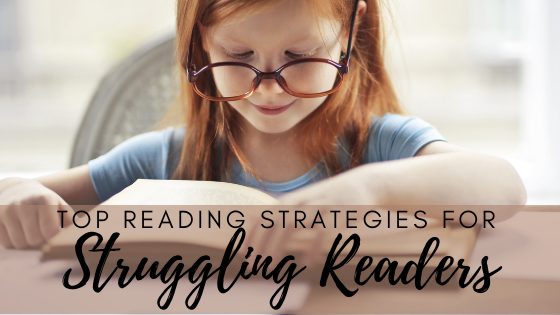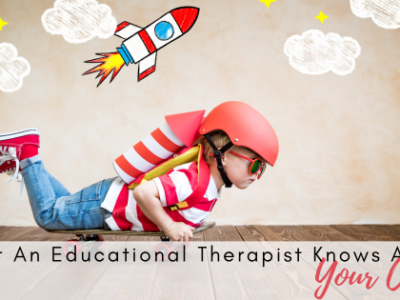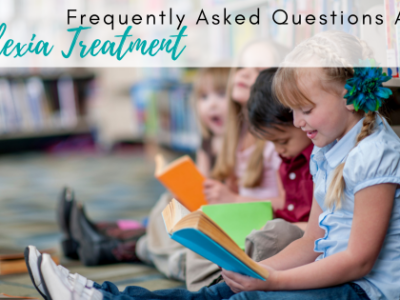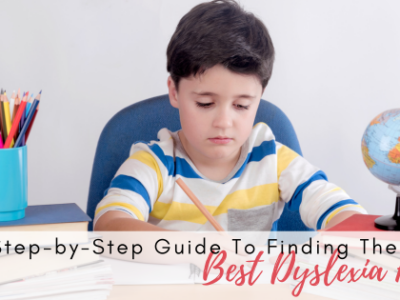
Top Reading Strategies for Struggling Readers
If your child is having difficulty reading, it can be hard to know how to help. Here are nine top reading strategies for struggling readers that parents can employ to assist their child.
Read to your child: There’s a reason that this is advice you hear every time you turn around. Reading to your child makes a difference. It doesn’t matter if your child is reading above grade level or is a struggling reader, the time you invest reading to your child – and with your child — is essential. Not only will it help unlock the magic of reading, giving your child that one-on-one time will help form an unbreakable bond that will serve you well in the years to come.
Let your child read: It may be spending time sitting together helping your child sound out words or having your child read to the dog, either way, time spent reading is never wasted.
Model reading: We can’t expect children to enjoy reading if they don’t see those around them enjoying reading. Take time to disconnect and enjoy a book yourself. Enthusiastically sharing major (age-appropriate, of course) plot points at the dinner table or in the car will let your children learn that reading is an exciting part of life.
Read together: Setting aside time for your whole family to read is an excellent way to model reading. But reading the same text aloud together also allows your child to participate and learn from you.
Ask questions: Engage with your child about what they are reading by asking them questions. Reading comprehension comes from understanding what’s being read. It doesn’t matter if it’s plot points, character actions or the overall story, ask questions and listen to the answers.
Talk to you child: Speaking of talking, it’s important that you talk to your child – about reading, about words and about storytelling. Take time out while you’re reading to your child to identify new words and, while your child is reading, pause to help them identify and sound out words that may be novel.
Phonemic awareness: Once we learn to read, phonemic awareness slips into the background, but for struggling readers it’s a constant. Help your child put words together by helping them take them apart.
Ear reading: Support your struggling reader with audio books, which can be particularly helpful for students with dyslexia. While it doesn’t take the place of specific interventions, audio books that allow children to read along can help with reading accuracy and school performance.
Get help when you need it: If your child is struggling with reading, an assessment may be warranted along with assistance from a dyslexia therapist. Not just a tutor, a dyslexia therapist uses a comprehensive intervention program of systematic instruction for both reading and spelling. These results-based, proven methods are administered by highly trained dyslexia professionals who work one-on-one with your child.
Want to learn more about helping your child unlock the magic of reading? Contact Dyslexia on Demand for a free consultation. Offered via video conferencing, our reading strategies for struggling readers are available throughout the country.







